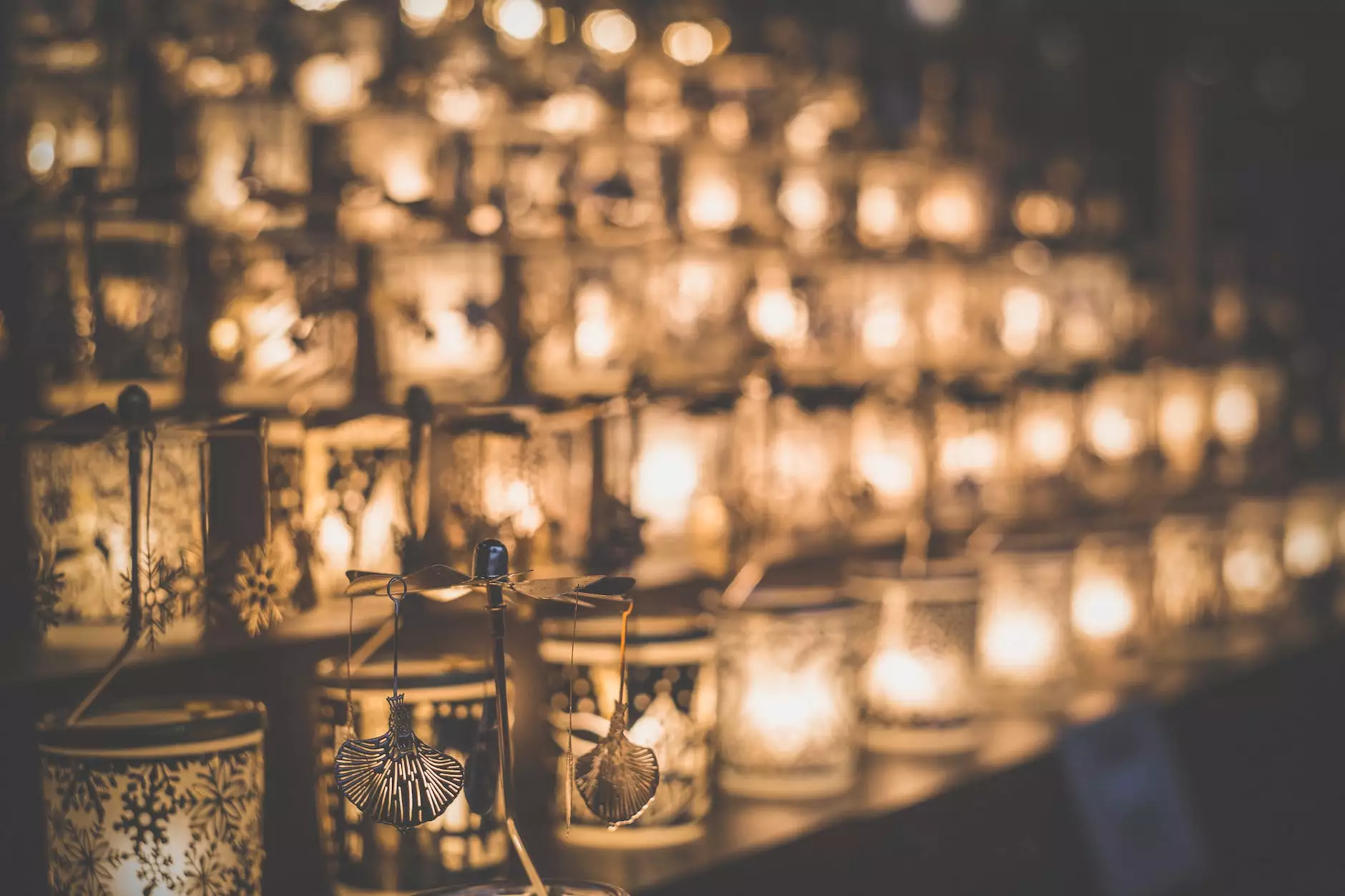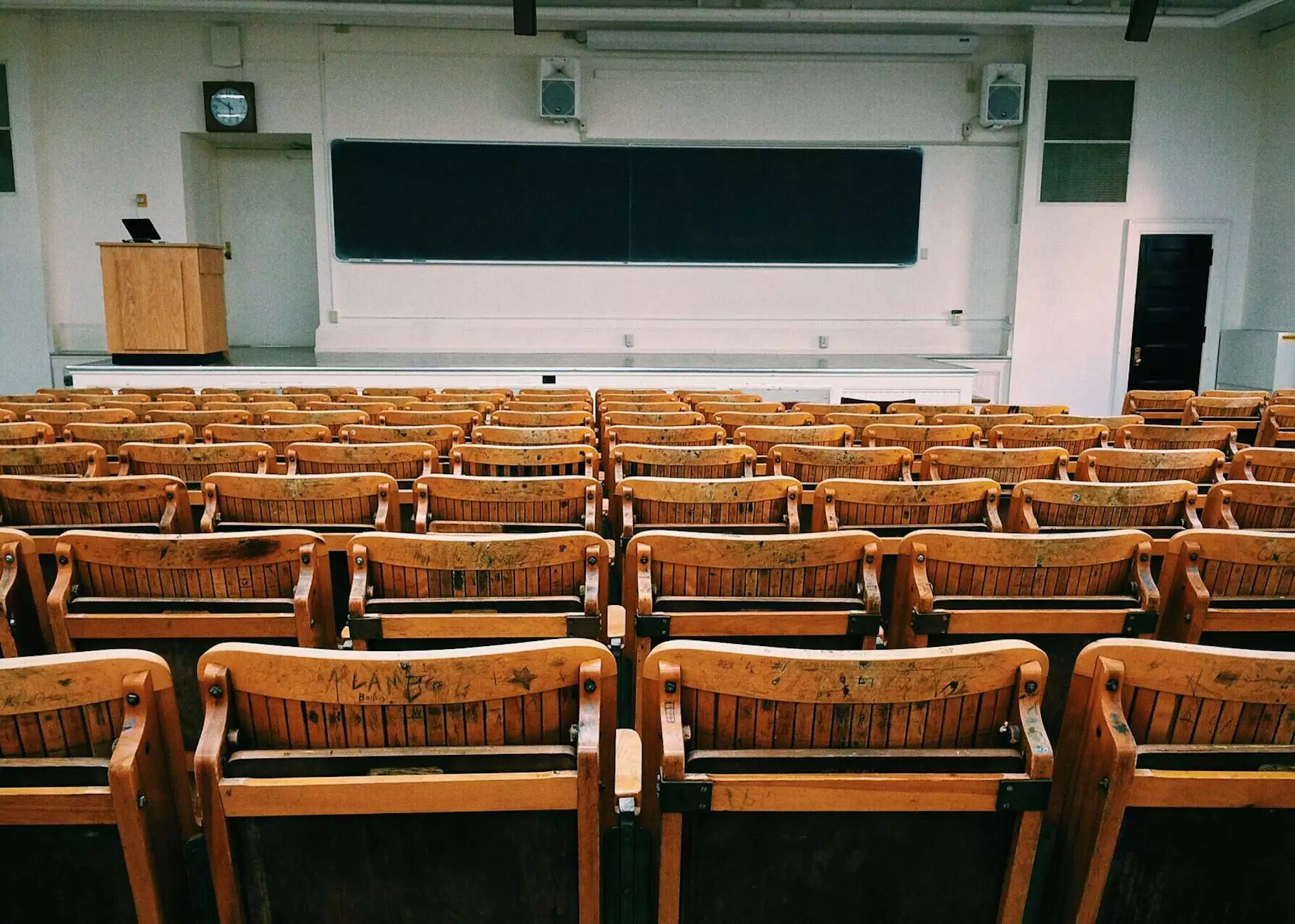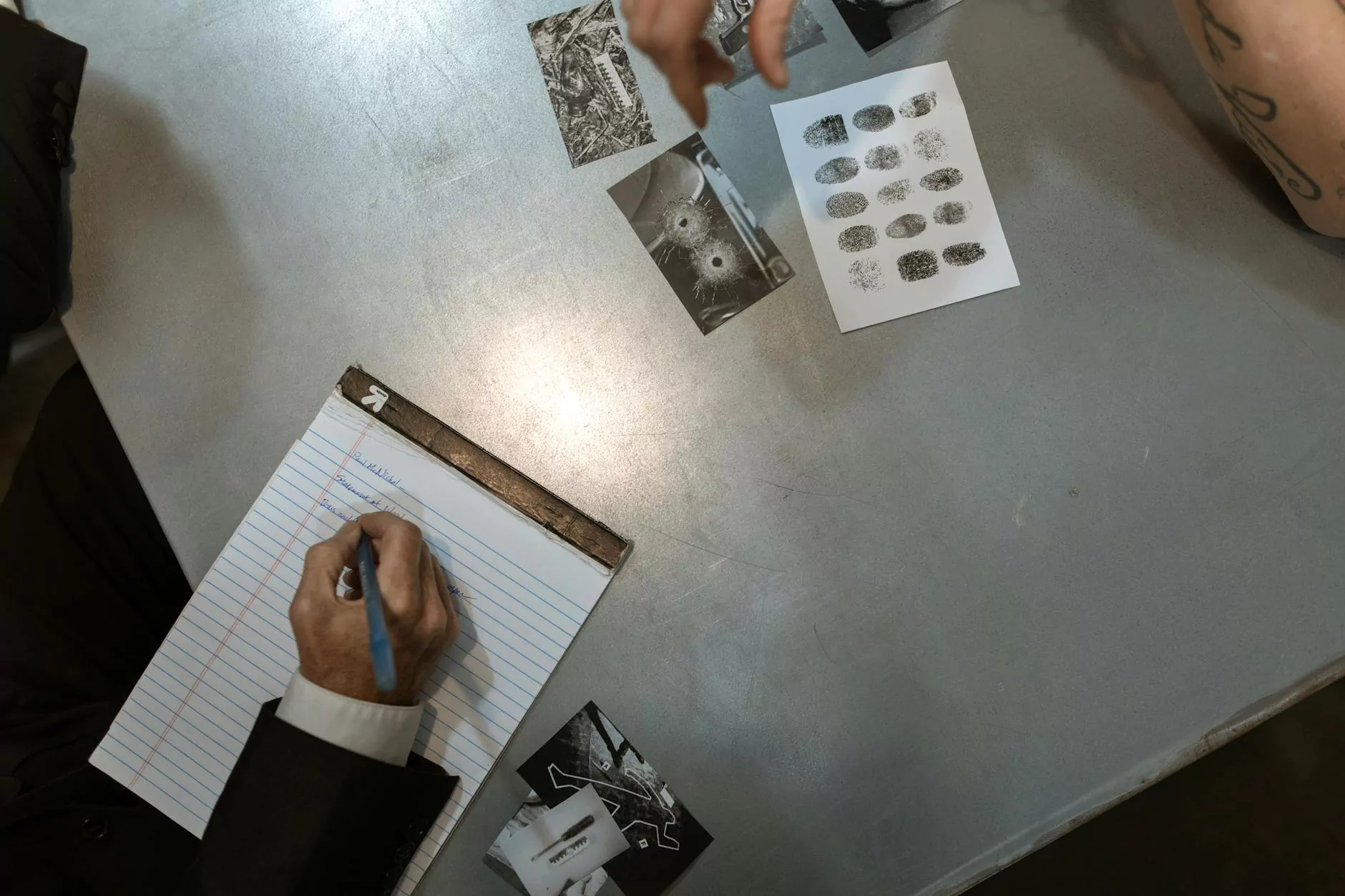Do Judicial Prayer Sessions in the Courtroom Violate the Establishment Clause?
Practice Areas
Welcome to Blair Patricia Law Firm, where our team of legal experts specializes in Law and Government - Legal cases. In this comprehensive article, we will delve into the controversial topic of judicial prayer sessions in the courtroom and explore whether this practice violates the Establishment Clause.
The Establishment Clause: A Constitutional Conundrum
The Establishment Clause, found in the First Amendment of the United States Constitution, states that "Congress shall make no law respecting an establishment of religion." This clause has been the subject of numerous legal debates and interpretations, especially when it comes to the role of religion in public institutions such as courtrooms.
Understanding Judicial Prayer Sessions
Judicial prayer sessions refer to the practice of opening court proceedings with prayers or religious invocations. Supporters argue that these sessions promote an atmosphere of solemnity, tradition, and reverence. Critics, however, maintain that such prayers can be seen as an endorsement of religion by the state, potentially violating the principle of religious neutrality.
Constitutional Analysis
In order to determine whether judicial prayer sessions violate the Establishment Clause, courts often apply a two-pronged test known as the Lemon test. This test, established in the landmark case of Lemon v. Kurtzman (1971), sets forth criteria to evaluate whether a government action violates the Establishment Clause.
- The first prong of the Lemon test, known as the secular purpose prong, requires that the government action has a secular purpose rather than a purely religious one.
- The second prong, known as the effect prong, prohibits the government action from advancing or inhibiting religion, and ensures that it does not excessively entangle the government with religion.
Precedent and Judicial Interpretation
Over the years, the Supreme Court has issued rulings interpreting the applicability of the Establishment Clause to religious activities in various public settings. In the landmark case of Marsh v. Chambers (1983), the Court upheld the constitutionality of legislative prayer while recognizing that it holds a unique historical tradition.
However, the Court's stance on judicial prayer sessions specifically remains less clear. Some lower courts have allowed such sessions, while others have struck them down, emphasizing the potential for coercion or violation of religious freedom.
Balancing Constitutional Rights
When addressing the issue of judicial prayer sessions, courts often find themselves balancing the rights of religious freedom and the need to maintain religious neutrality in government proceedings. This delicate balancing act is guided by the principles outlined in the Establishment Clause and its subsequent interpretation through legal precedent.
Legal Challenges and Arguments
Legal challenges surrounding judicial prayer sessions have arisen from individuals or organizations who believe that such practices infringe upon their rights as guaranteed by the Constitution. Arguments presented in these cases typically revolve around the potential for coercion, marginalization of non-religious individuals, and unequal treatment of different religious groups.
Coercion and Religious Freedom
One argument against judicial prayer sessions is the potential for coercion. Critics argue that individuals appearing in court, particularly those from minority or non-religious backgrounds, may feel pressured to participate in or conform to religious practices that they do not believe in. This, they claim, can undermine the principles of individual autonomy and religious freedom.
Marginalization and Equal Treatment
Another line of argumentation focuses on the potential marginalization of non-religious individuals or individuals belonging to minority faiths. Critics assert that judicial prayer sessions may create an environment where certain religious beliefs are favored, leading to feelings of exclusion or unequal treatment for those with differing beliefs or no religious affiliation.
Contemporary Perspectives
As society becomes more diverse and inclusive, the issue of judicial prayer sessions continues to be the subject of contemporary debate and evolving legal interpretations. Some argue that maintaining a strict separation of church and state is essential to protect the rights of all individuals, while others advocate for the preservation of longstanding traditions and the recognition of the historical role of religion in public life.
Importance of Legal Guidance
Given the complex legal landscape surrounding judicial prayer sessions, it is crucial to seek professional legal guidance if you are involved in a legal matter pertaining to this issue. At Blair Patricia Law Firm, we have a deep understanding of constitutional law and can provide expert advice tailored to your specific situation.
Whether you are seeking clarification on your rights or are currently facing legal challenges in a court where judicial prayer sessions take place, we are here to guide you through the process and ensure that your constitutional rights are protected.
Contact Blair Patricia Law Firm Today
If you require legal representation or have any questions regarding the legality of judicial prayer sessions in the courtroom, contact Blair Patricia Law Firm today. Our team of experienced attorneys is ready to assist you in navigating the intricate legal landscape and achieving the best possible outcome for your case.










